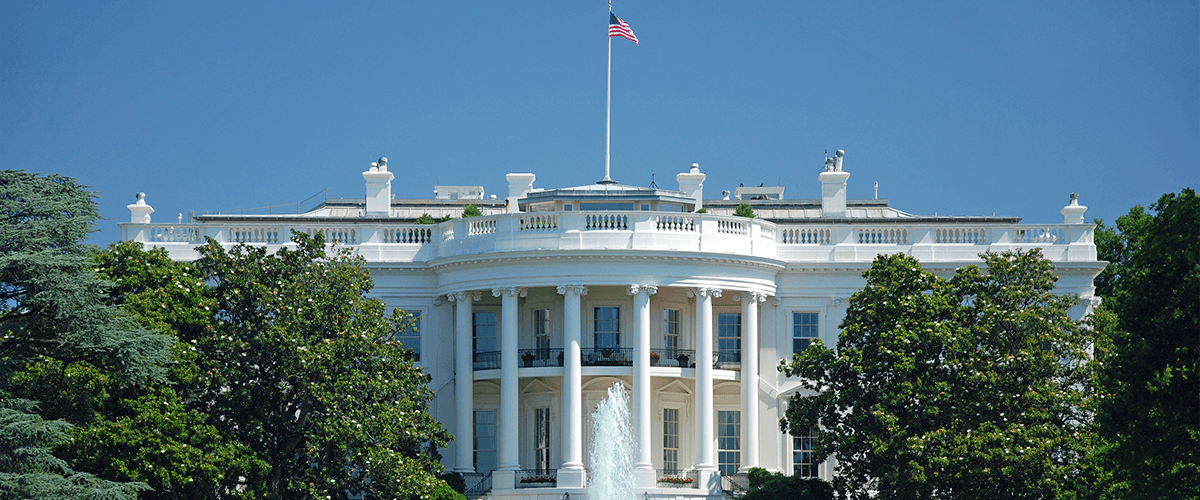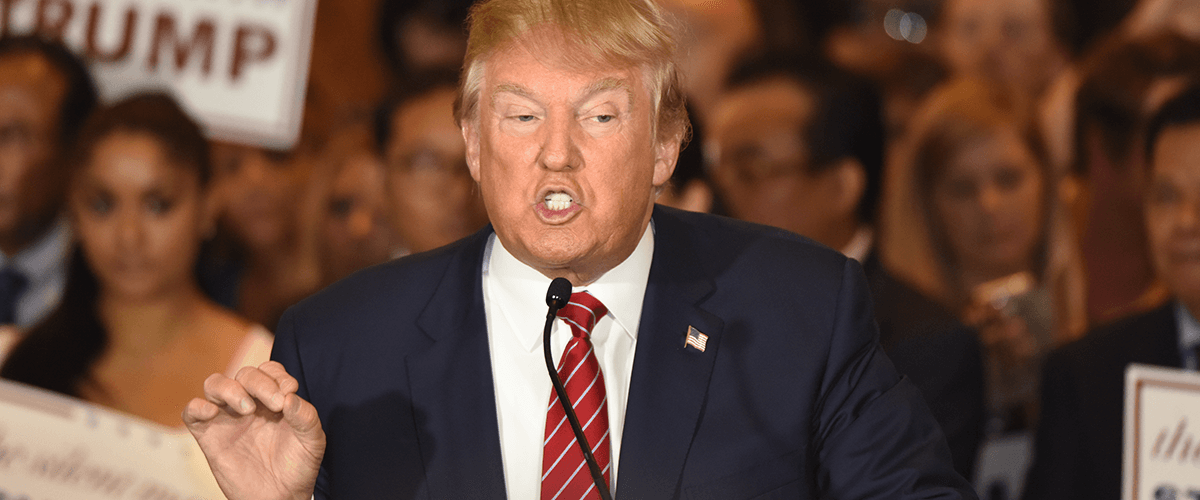Interviews and documents obtained by BuzzFeed News show that the White House has quietly established a committee to highlight “issues created by state marijuana initiatives.”
The Donald Trump administration has been secretly coordinating a government-wide effort to portray marijuana legalization in a negative light.
As first reported on Monday by BuzzFeed, the White House has quietly formed a committee made up of federal agencies across the government to contest the growing public support for marijuana.
Through interviews and obtained documents, BuzzFeed discovered that this committee, the Marijuana Policy Coordination Committee, has directed the Drug Enforcement Administration (DEA) and 14 federal agencies to provide “data demonstrating the most significant negative trends” about marijuana.
“There is an urgent need to message the facts about the negative impacts of marijuana,” one obtained memo reads.
Memos on meetings between the White House and federal departments reveal that the committee has only requested data that portrays marijuana legalization negatively, rather than objective reports.
“Departments should provide … the most significant data demonstrating negative trends, with a statement describing the implications of such trends,” White House officials told department officials in one memo.
Specifically, departments were told to “identify marijuana threats; issues created by state marijuana initiatives; and consequences of use, production, and trafficking on national health, safety, and security.” The committee also requested an example of a “story” or “picture” illustrating any of these concerns.
None of the documents obtained indicate that the committee is interested in data on the benefits of legalizing marijuana, despite studies finding it to be associated with better police effectiveness due to re-directing law enforcement resources to more serious offenses, local and state tax revenue benefits, fewer workplace deaths, lower rates of violent crime, and a reduction in fatal opioid overdoses.
Despite marijuana remaining illegal under U.S. federal law, nine U.S. states have legalized recreational marijuana, and 30 have legalized marijuana for medical purposes.
While the White House at one point suggested that more marijuana enforcement was on the way, Trump in June announced that he would “probably” support bipartisan legislation in Congress that would prohibit any federal interference in state-legal cannabis operations.
However, the committee’s far reach and its slanted, anti-cannabis approach to legalization suggest a coordinated campaign against state cannabis programs and growing public support for ending prohibition. A Quinnipiac University poll in April found that 63 percent of Americans favor legalizing marijuana. Another from June found that 65 percent consider using marijuana to be “morally acceptable.”
“Staff believe that if the administration is to turn the tide on increasing marijuana use there is an urgent need to message the facts about the negative impacts of marijuana use, production, and trafficking on national health, safety, and security,” reads one meeting summary.
Reactions from Lawmakers and Cannabis Advocates
Criticisms of the White House’s anti-marijuana committee came quickly from lawmakers and cannabis advocates.
“President Trump is flailing on marijuana policy, sometimes saying the states should decide, while also allowing the Attorney General and other prohibition supporters in his purview to run amuck,” said Colorado Rep. Jared Polis.
“If the White House is actually spreading misinformation about marijuana to undercut states’ rights, it’s appalling but not out of the ordinary for President Trump and his gang of prohibition supporters.”
Lawmakers from Oregon, including Sen. Ron Wyden and Rep. Earl Blumenauer, pushed back against the White House’s anti-marijuana efforts through Twitter.
The White House is mounting a secret campaign to undermine the will of millions of voters in Oregon and across the country who decided to allow legal cannabis. Another example of Republicans being for states rights only when they think the state is right. https://t.co/bRXjOQ1vk8
— Ron Wyden (@RonWyden) August 29, 2018
This White House is utterly out of touch. Prohibition has failed—no amount of manufactured counter-narrative can stop the marijuana reform movement.https://t.co/64pejabwFi
— Earl Blumenauer (@repblumenauer) August 29, 2018
Jon Hudak, a senior fellow at the Brookings Institution, told BuzzFeed that the decision to collect one-sided data as “policy malpractice.”
“This is a terrible political move by the administration,” Hudak said. “This is a president who is not serious about states rights and regulatory reform in areas like drug policy, and is not serious about telling the truth to the American people or members of Congress from his own party.”
Referring to the committee’s intentions as “the death rattles of marijuana prohibition,” NORML Political Director Justin Strekal said that legalization at this point is inevitable.
“Those who seek to maintain the oppressive policies of cannabis criminalization are grasping at straws in their effort to undo the public policy progresses that have now been enacted in a majority of states, and that are widely supported by voters of both major political parties,” he said.
Sen. Cory Gardner of Colorado, however, said he remains “confident” that Trump will not try to interfere with state marijuana policy. Along with Sen. Elizabeth Warren of Massachusetts, Gardner is a co-sponsor of the marijuana legislation that received vocal support from Trump. Trump has also reportedly made a personal promise to Gardner that he would support marijuana protections.
Hemp-Derived CBD Not Affected
Medical Marijuana, Inc. and the federally legal hemp cannabidiol (CBD) market are unaffected by any marijuana policy changes.
CBD hemp oil is excluded from the federal Controlled Substances Act. Customers, shareholders, and the public can be reassured that hemp-based CBD products are unaffected by recreational laws or current political stances.
Stay Up on Marijuana News
You can keep up with cannabis industry updates, law changes, and the latest cannabis studies by regularly visiting our news page.







